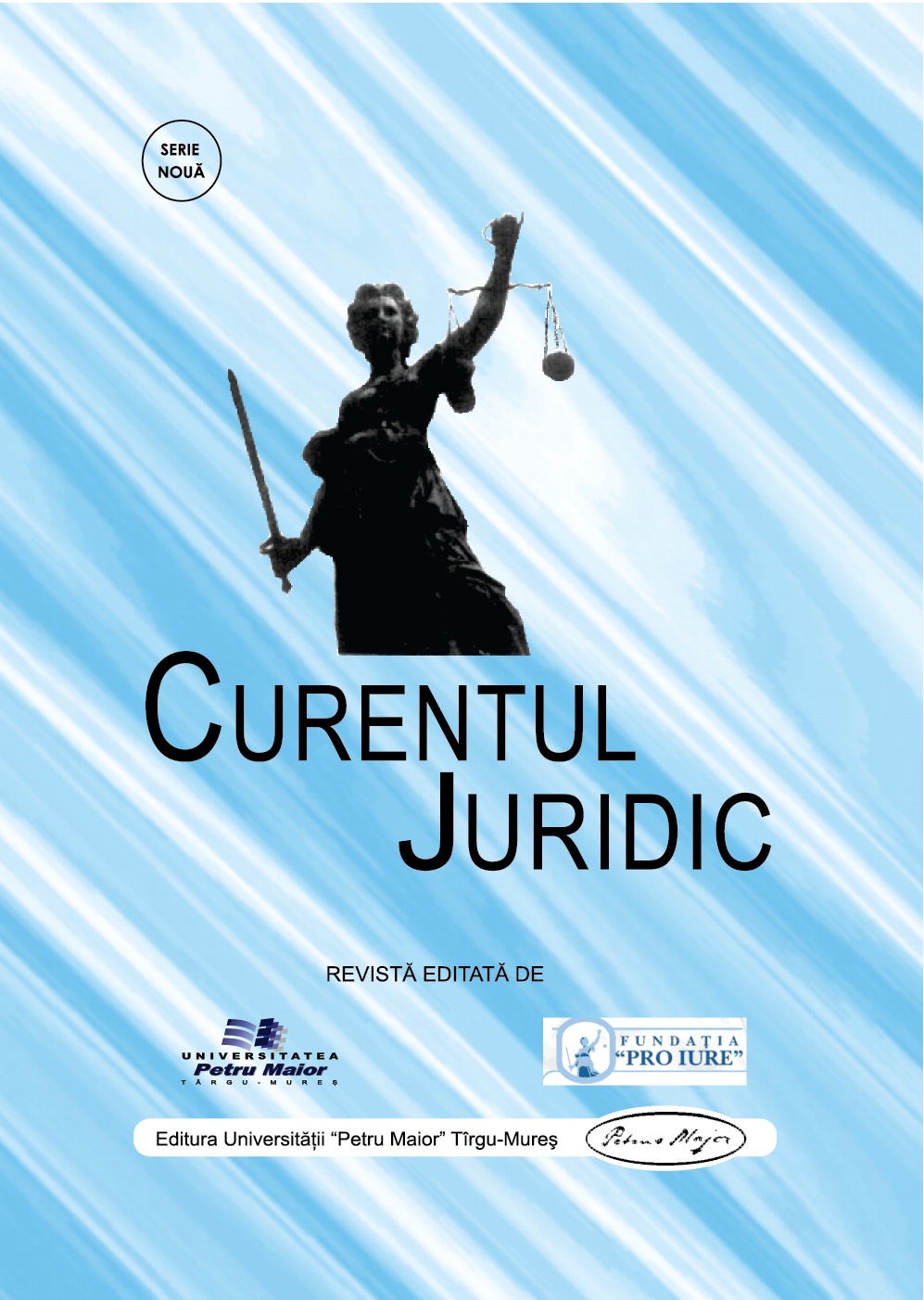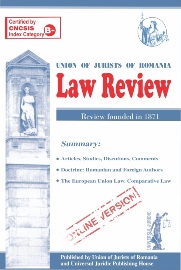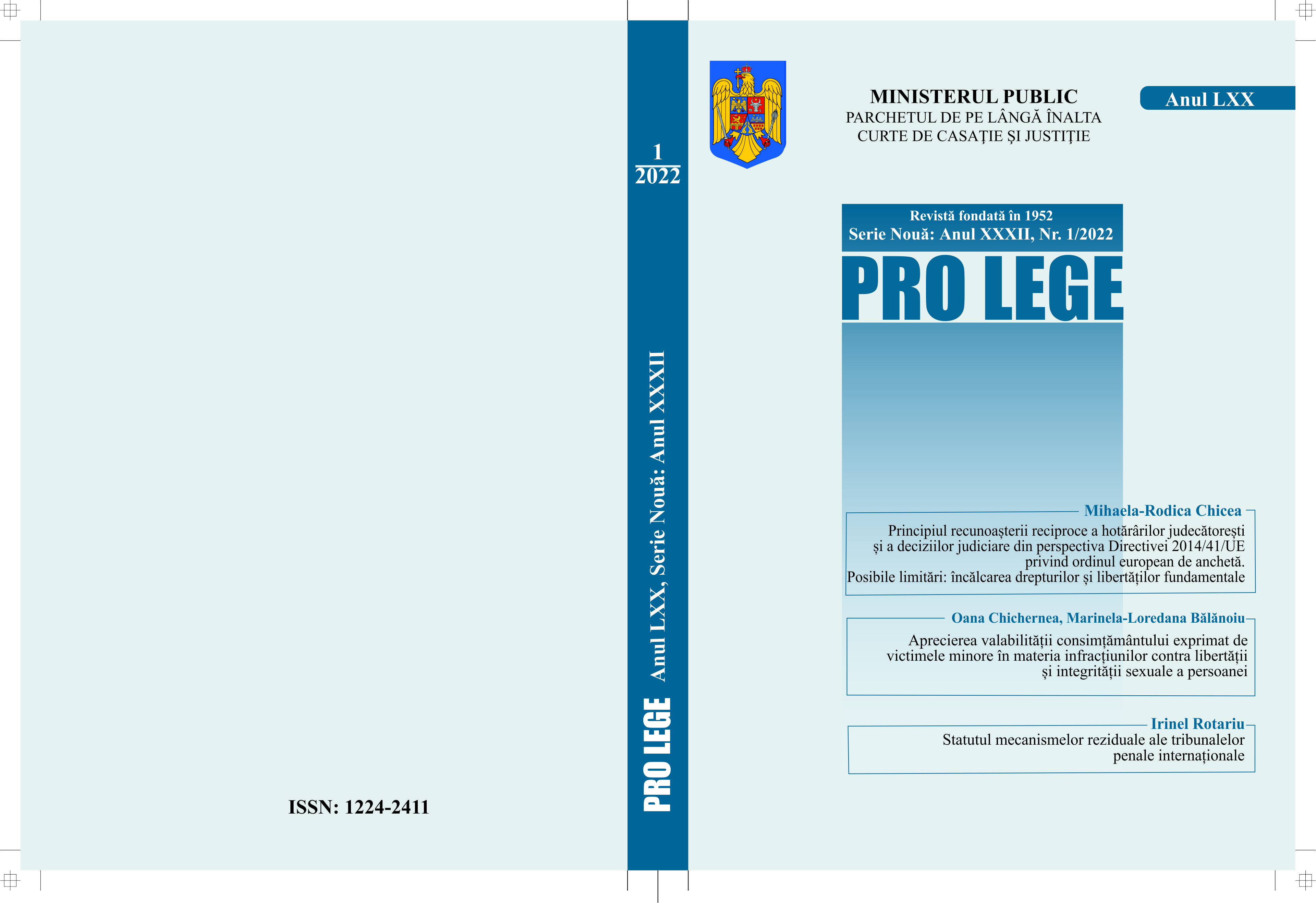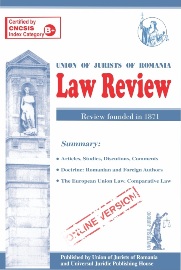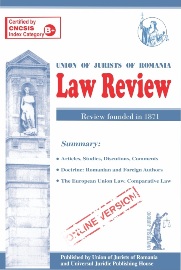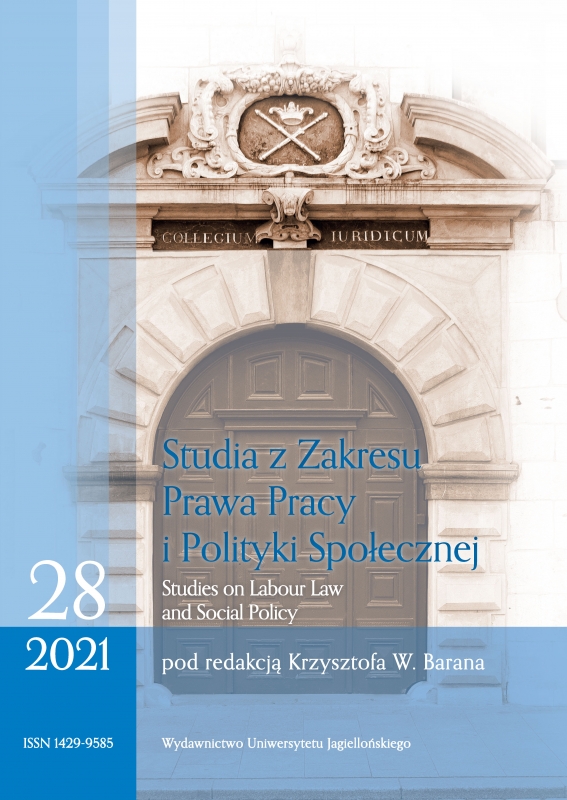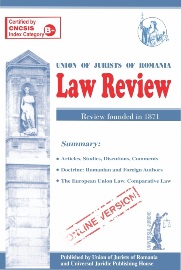
THE LISBON TREATY AND THE RISKS OF NON-COORDINATION OF ECONOMIC POLICIES IN THE E.U.
Article 5 of the Treaty on the Functioning of the European Union (T.F.E.U.) states: “1. Member States coordinate their economic policies within the Union. To this end, the Council adopts the measures, including the broad guidelines of these policies. Special provisions apply to Member States whose currency is the Euro. 2. The Union shall take measures to coordinate the employment policies of the Member States, in particular by defining the guidelines for those policies. 3. The Union may take initiatives to coordinate the social policies of the Member States.”
More...
